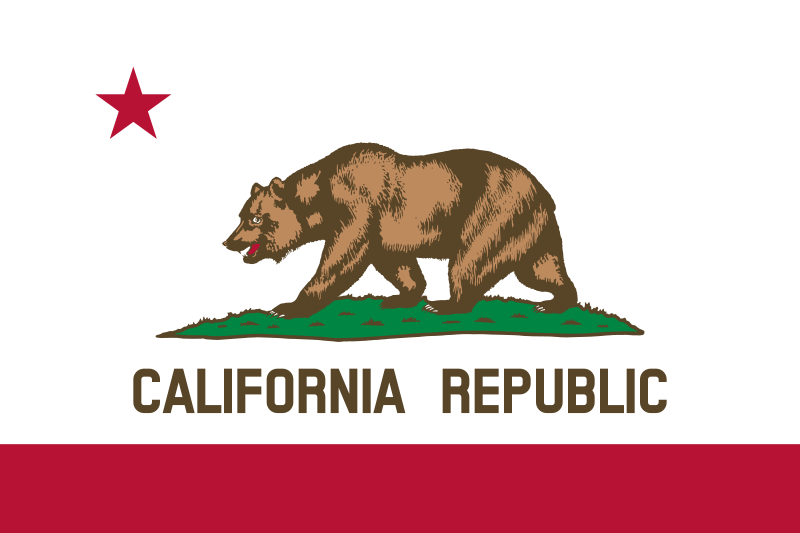Californians for Safer Communities qualified an initiative for the Nov. 5, 2024, ballot that would make changes to Proposition 47, including increasing drug and theft penalties. The office of California Secretary of State Shirley Weber announced on June 11 that the campaign had submitted at least 652,100 valid signatures, exceeding the 546,651 signature threshold to qualify for the ballot.
The initiative would classify certain drug offenses as treatment-mandated felonies. A treatment-mandated felony would apply to individuals with two or more prior convictions for various drug crimes, like possession or distribution, who are found possessing fentanyl, heroin, cocaine, or methamphetamine. If the individual agrees not to contest the charge, the person is referred to treatment after a substance use and mental health treatment evaluation. Individuals who successfully complete treatment would have their felony dismissed. The initiative would require individuals who do not complete treatment to serve up to three years in state prison. Currently, state law classifies the possession of illegal drugs as a misdemeanor.
The initiative would increase penalties for certain drug crimes by increasing sentence lengths and level of crime. The initiative would also add fentanyl to the list of drugs (cocaine, heroin, and methamphetamine) that would warrant a felony charge if an individual possesses one of the listed drugs and a loaded firearm. The punishment for this crime is up to four years in prison. Currently, possessing fentanyl and a loaded firearm is punishable by up to one year in jail. The initiative would also increase sentences based on the quantity of certain drugs sold illegally. The initiative would also require individuals who receive increased sentences because of this to serve their entire sentence in state prison regardless of their criminal history.
The initiative would increase penalties for certain theft crimes. For crimes where money or property worth $950 or less is stolen, the initiative would make the crime punishable as a felony for individuals who have two or more prior theft-related convictions. The initiative would make the punishment up to three years in jail or prison depending on their criminal history. Currently, it is punishable by up to six months in jail. The initiative would also increase sentences based on the value of property stolen.
The campaign has received over $7.2 million in contributions through March 31. The top donors include Walmart ($2.5 million), Home Depot ($1 million), and Target ($500,000). The initiative has also been endorsed by the Republican Party of California, San Francisco Mayor London Breed, California District Attorneys Association, California Retailers Association, and California State Sheriffs’ Association.
Greg Totten, chief executive officer for the California District Attorneys Association, said, “We continue to see an outcry of overwhelming support from Californians of every political affiliation and geographic region across the state demanding for change that will improve community safety and hold repeat offenders of theft and serious drug crimes including those involving fentanyl accountable. Californians want to feel safe in their neighborhoods and when they shop, and this initiative amends Prop 47 to effectively hold individuals accountable for repeat crimes of theft and serious drugs like fentanyl while making sure individuals receive and complete drug and mental health treatment they need.”
Proposition 47 was approved by a vote of 59.6% to 40.4%. Proposition 47 classified certain crimes as misdemeanors instead of felonies unless the defendant had prior convictions for murder, rape, certain sex offenses, or certain gun crimes; allowed resentencing for those currently serving a prison sentence for any of the offenses that the initiative reduced to misdemeanors; and created the Safe Neighborhoods and Schools Fund to receive appropriations based on savings from the initiative.
Meanwhile, the state legislature is crafting alternatives with 14 bills moving through the legislature with an aim to have the campaign withdraw the initiative before the June 27 initiative deadline. Senate Pro Tempore Mike McGuire (D-2) said, “We added inoperability clauses to help ensure that if these bills were put into law and the ballot initiative also goes into effect, we don’t have a world-class mess of conflicting policies on our hands.”
The initiative is the eleventh initiative to qualify for the ballot in California. However, one veto referendum that targeted a bill to increase the minimum wage for fast food workers was withdrawn in Sept. 2023 after the sponsors reached a legislative compromise with the state legislature.
The ten other initiatives address requiring a personal finance course in high school, pandemic prevention, the state’s minimum wage, remediation for labor violations, vote requirements for new taxes, local rent control, Medi-Cal RX program regulations, a tax on managed care organizations, and oil and gas well regulations. The state legislature also referred four constitutional amendments related to publicly-funded housing projects, a right to marry regardless of gender, initiative vote thresholds, and vote thresholds for taxes to fund housing projects and public infrastructure.
An average of between eight and nine statewide ballot measures appeared on California ballots each election cycle from 1985 to 2022 with 57.5% approved.
Additional reading:


